
KARACHI: The baby that was conceived with the release of Khuda Kay Liye in 2007 came into this world with the dazzling box office numbers of Waar. Lollywood was dead and Pakistani cinema had been born. Waar became the first film to hit the 200-million-rupee mark in the past two decades, but it was criticised for fake American accents, a weak script, and making the issue of terrorism even more confusing. The Express Tribune among other leading publications gave the film a bad review and received flak for it.
This was the beginning of a new equation, where the journalist-turned-critic and the TV director-turned film-maker were swinging on a see-saw in what was an otherwise nascent film industry. Three years later, the industry is still in its teething phase but something has changed: there are no Indian films being screened in Pakistan.
First take: Nothing but chaos Lahore Se Aagay
We are left with no choice but to put all our bets on Pakistani films for the cinema industry to sustain its business, but does that mean that critics also dumb down their reviews of a Pakistani film? Should they be protecting the ‘national interest’ in their own fashion? The harsh criticism of Lahore Se Aagay in the press has given a new life to this debate and we at The Express Tribune wanted to see what happens when we open this Pandora’s Box.
 PHOTO: FILE
PHOTO: FILE“First of all who are the critics,” asks director Asadul Haq, whose film Dekh Magar Pyar Se turned out to be a commercial and critical failure. “The self-made movie buffs who grew up watching Indian and foreign films on VCR and ended up writing for newspapers and now blogs, or the ones who had something to do with fueling this small industry out of pure passion and maybe some education ?”
Haq believes the film industry we have is young and misdirected as it doesn’t have any charter or body. We can't be compared to Indian movies as they are light years ahead of us, right now what we have is a small bunch trying to take baby steps, find their way around the wilderness. “Be critical but be ready to give positive advice, be cynical but understand that everyone is trying the best they can. It's a long process so be positive yet be gentle, who knows one of us will be the next big thing coming out of this region, the critics can't squash every little attempt we are doing because it doesn’t measure up to what all you have been seeing from across the border . Just give it time that's all I ask, nothing more nothing less.”
 PHOTO: FILE
PHOTO: FILEMeesha Shafi, one of the most versatile performers from Pakistan, isn't buying it though. She holds no arguments against an honest review. “I absolutely do not think that cultural/cinema critics should be expected to give sugarcoated reviews to subpar films. A dishonest critique (no matter the reason) never helps anyone. Least of all, the creative lot behind the work. It cannot be counted as constructive criticism if it isn't sincere,” says Shafi.
She says the film industry is serious business which can end up becoming a huge economic and cultural force for the country. “Keeping a more 'lenient' approach (whatever that means!) towards reviewing local films, is nothing but false encouragement. Failing at something is fine. It is how a child grows. Delusional feedback doesn't help anyone. Besides, it's plain and simple dishonesty to cheat your viewers that way.”
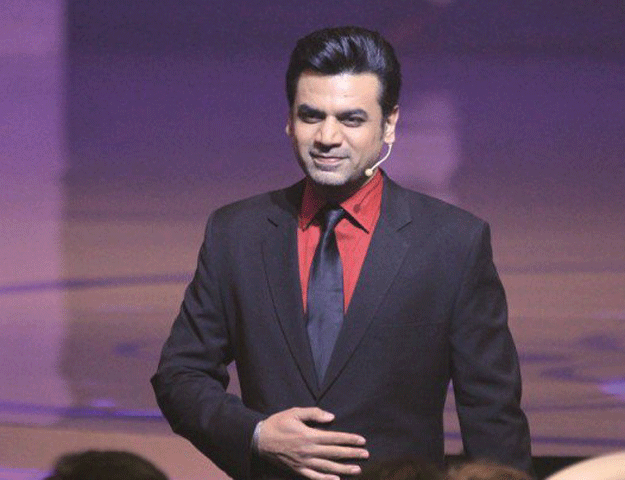 PHOTO: FILE
PHOTO: FILEBrutal honesty may be the way to go for Shafi, but Vasay Chaurdhy, the screen-writer behind the highest earning film in Pakistan, Jawani Phir Nahin Ani, takes a step backwards. He has an issue with the credibility of Pakistani critics.
“For me it is about firstly the critic being equipped enough to be writing a review,” Chaudhry tells The Express Tribune. “Secondly, strong personal preferences are driving reviews, not the understanding of the genre or film-making in general. The issue is not with giving room to Pakistani films but with the critic being able to write a review by keeping personal preferences aside. Otherwise room should not be given just because it's a Pakistani film.”
So then the question essentially boils down to who is watching the watchdog and more importantly, is the watchdog equipped enough to judge merits of literary or artistic works?
Omair Alavi, who has been reviewing films since 1999 has a rather simple explanation for that argument. “When the filmmaker doesn’t have the educational background, why does the film critic need to have it,” says Alavi, “I believe your experience counts more than education. Rest is all about finding the right mentor, your editor and a little bit of common sense.”
Alavi is of the opinion that those who have witnessed the decline of Pakistani cinema do have a soft corner for local films but some film-makers take it for granted, which shouldn’t happen. “I used to give leverage to Pakistani films released between 2000 to 2010 but not anymore. I have learned from my mistakes.”
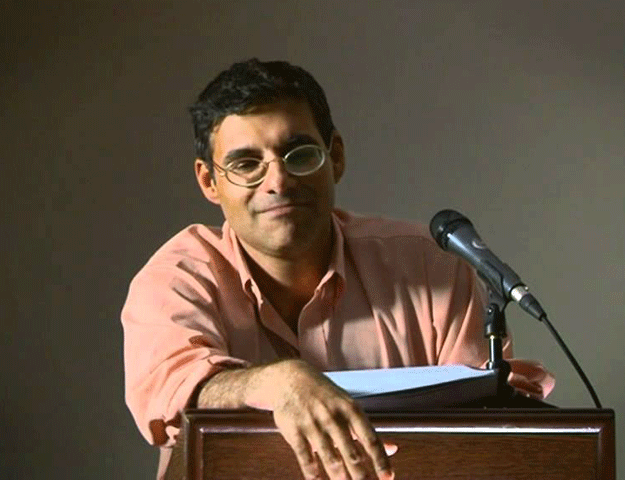 PHOTO: YOUTUBE
PHOTO: YOUTUBEFramji Minwalla, who is an associate professor and programme director Communication and Design at Habib University, believes critics should by no means take their work lightly and must be well aware about the dynamics of film-making.
“Critics should negotiate between sympathetic generosity and incisive analysis. The former when accounting for the hard work that art-making entails. The latter when holding that art accountable. Accountability here requires that critics know as much about the history, practice, limitations, and potential of the medium in which the work is made. Critics who assess without that knowledge deserve neither to be published nor read,” says Minwalla, who also serves as member of Pakistan’s Oscar selection committee.
“Critics must be sensitive to exactly how well any artist manipulates the medium with she works in order to show us our world in a way we haven’t seen before. And if this means opposing or criticising the state or national interest, then that’s what it means,” he adds.
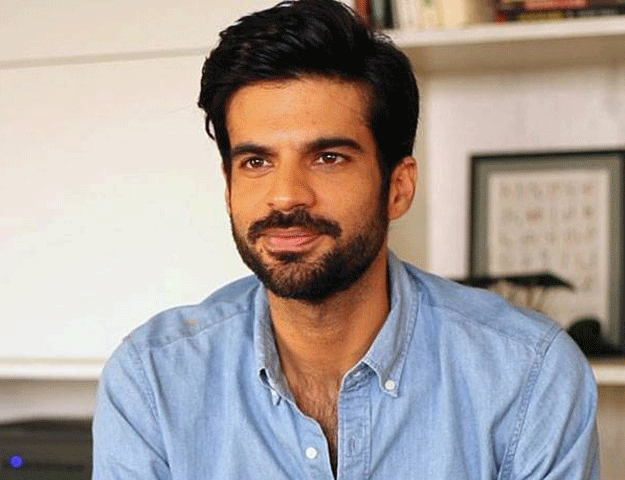 PHOTO: FILE
PHOTO: FILEOn the other hand, himself a film graduate and a keen film-maker and actor, Adnan Malik finds it very hard to define the critic’s role in the Pakistani context. As someone who has made a very elaborate documentary on the decline of Lollywood titled, The Forgotten Song, Malik has a few reservations.
“Critics play an important role in framing how a work of art or in this case, cinema is perceived in the greater milieu. Given that our cinema identity and vernacular are still developing, I don't think it's fair to be overtly critical about a Pakistani film based on international standards yet,” says Malik.
Malik thinks critics must take into account how our own cinema is developing and evolving. Looking at these ground realities when forming an opinion is seminal to forming any opinion, he argues. “Ultimately a review must be both honest, but self-aware of the context in which it is made. It mustn't tilt over to blind nationalistic propaganda, but also should be a little more lenient given context and circumstance. Intention must also be credited, which it often isn’t,” says Malik.
 PHOTO: FILE
PHOTO: FILEWith the cinema industry drawing numbers despite bad reviews, the position of a critic itself becomes questionable. Perhaps it’s the bad word-of-mouth that dents the film’s promotional campaign more than what is actually written in the review. An artist, as Birdman suggests, at the end of the day cares about numbers, be it clicks, views or dollars. Actor, singer Ali Zafar tends to agree.
“Critics do have a responsibility and they do have the power to form opinions which ideally should be used with supreme sensibility, caution or care, but at the same time with honesty and integrity, but the real power lies with the audience,” says Zafar. “So it's the people one should really worry about, who eventually decide the fate of a product or a presentation.”
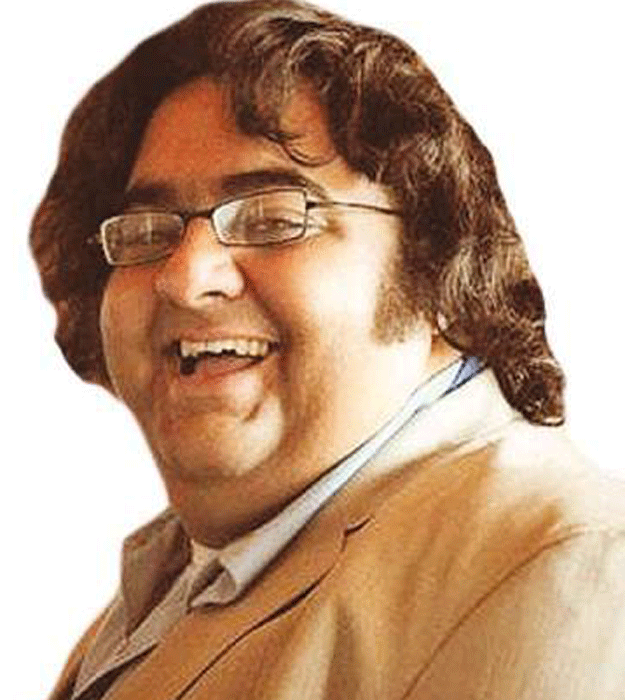 PHOTO: FILE
PHOTO: FILEWell-known columnist and pop-culture critic Fasi Zaka gives the example of Suicide Squad -- a film that turned out to be a super-hit despite getting bad reviews all around the world -- to cement the same argument.
“The 'national interest' is a slippery slope argument. In this case it exaggerates the role of a critic - their displeasure is not a death knell (see recent brouhaha around Suicide Squad). For critics to champion poorly made films with some quixotic notion of national interest serves no purpose, if they wanted to serve the national interest then they should speak up about the shoddy reactionary film policy in place now,” says Zaka. That being said, he does agree that critics need to be responsible with their pulpit. Excessive snark and impossible standards for Pakistani films given their recent resurgence is also irresponsible, and mostly unrealistic.
‘Lahore Se Aagey’ brings people back to cinemas
To sum up the entire debate, Minwalla suggest that both critics and film-makers must avoid getting fixated. "Film industries that subsist solely on the production of popular entertainments rarely survive long (witness the easy death of Lollywood). For film as a medium to survive, it needs to be addressed seriously by serious critics who can imagine its expansive potential," he says. “The opposite, it seems to me, is also true. Film industries that cater only to the refined sensibilities of scholars and intellectuals rarely develop further than their initial offerings. The conversation, the restless negotiation, between the popular and the high-brow seems essential."






























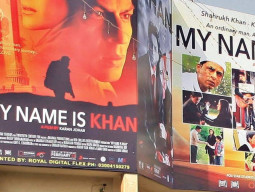





1713509570-0/Taylor-Swift-Album-Release-(1)1713509570-0-270x192.webp)
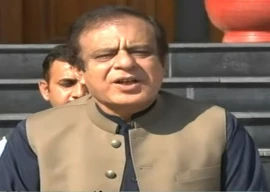




















COMMENTS (8)
Comments are moderated and generally will be posted if they are on-topic and not abusive.
For more information, please see our Comments FAQ